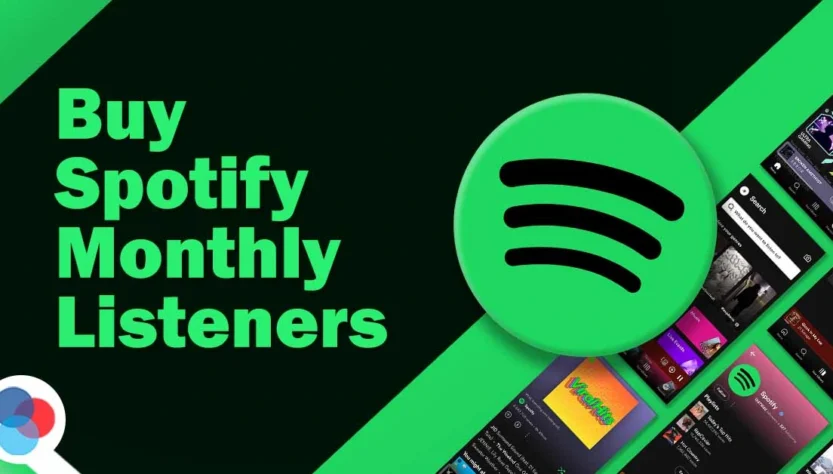Spotify, a Swedish-born music streaming platform, buy monthly listeners spotify has become a household name, transforming how we consume music and audio content. Founded in 2006 by Daniel Ek and Martin Lorentzon, Spotify aimed to combat music piracy by offering an accessible, legal alternative. Since its launch in 2008, the platform has evolved into a global phenomenon, boasting over 500 million active users across more than 180 countries as of 2024.
The Core of Spotify: Accessibility and Personalization
At its heart, Spotify is about accessibility and personalization. With its free, ad-supported tier, users can stream millions of songs without a subscription, while the premium option offers ad-free listening, offline downloads, and high-quality audio. Its cross-platform compatibility, spanning smartphones, desktops, smart TVs, and gaming consoles, ensures users can seamlessly access their music anywhere.
Spotify’s personalization features set it apart. The platform’s algorithms analyze user behavior to curate playlists like Discover Weekly and Release Radar, delivering tailored music recommendations. These features create a deeply immersive experience, introducing users to new artists and genres while keeping their favorite tracks within easy reach.
Beyond Music: A Diversified Audio Ecosystem
Spotify is no longer just about music. In recent years, it has positioned itself as a leader in the podcasting industry. With strategic acquisitions like Anchor, Gimlet Media, and Megaphone, Spotify has enriched its library with exclusive shows and original content. Programs from influential creators such as Joe Rogan and Michelle Obama have attracted millions of listeners, cementing Spotify as a go-to destination for podcasts.
The platform has also ventured into audiobooks, offering another dimension to its content ecosystem. This diversification reflects Spotify’s vision of becoming a one-stop shop for all things audio.
Empowering Artists and Creators
For artists, Spotify is both a blessing and a challenge. The platform provides unparalleled reach, enabling independent musicians to connect with a global audience without the backing of major labels. Tools like Spotify for Artists give creators insights into their listeners’ demographics and preferences, empowering them to fine-tune their strategies.
However, Spotify has faced criticism for its royalty payout model, with many artists arguing that streaming revenue does not adequately compensate their efforts. The company has responded by launching initiatives like the Fan Support Feature and promoting direct monetization methods, but the debate over fair compensation continues.
Innovations Driving Growth
Spotify’s commitment to innovation keeps it ahead in a competitive landscape. Features like Blend, which allows users to merge their musical tastes into shared playlists, and the integration of AI-driven DJ tools exemplify its forward-thinking approach. The platform’s collaboration with voice assistants and smart speakers also ensures a seamless user experience in an increasingly connected world.
Moreover, Spotify is experimenting with live audio through its Spotify Live feature, tapping into the growing demand for real-time interactions. Such innovations demonstrate its adaptability to evolving user preferences and technological advancements.
Challenges and the Road Ahead
Despite its success, Spotify faces challenges. Competition from platforms like Apple Music, Amazon Music, and YouTube Music remains fierce. Balancing the interests of artists, labels, and users while maintaining profitability is an ongoing struggle. Additionally, the rise of alternative monetization models, such as NFTs and direct artist-fan platforms, threatens to disrupt the streaming industry.
Looking ahead, Spotify’s focus will likely be on enhancing user engagement, exploring new revenue streams, and further diversifying its content offerings. As it continues to redefine how we consume audio, Spotify remains a dynamic force, shaping the future of entertainment.
Conclusion
Spotify’s journey from a small startup to a global leader in audio streaming is a testament to its vision and innovation. By combining convenience, personalization, and a diverse content ecosystem, it has revolutionized the music industry. While challenges persist, Spotify’s ability to adapt and evolve ensures it will remain a key player in the ever-changing digital landscape.

